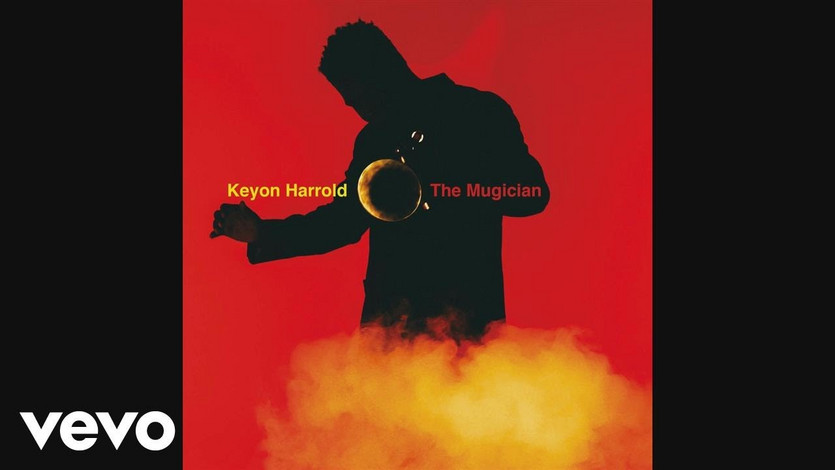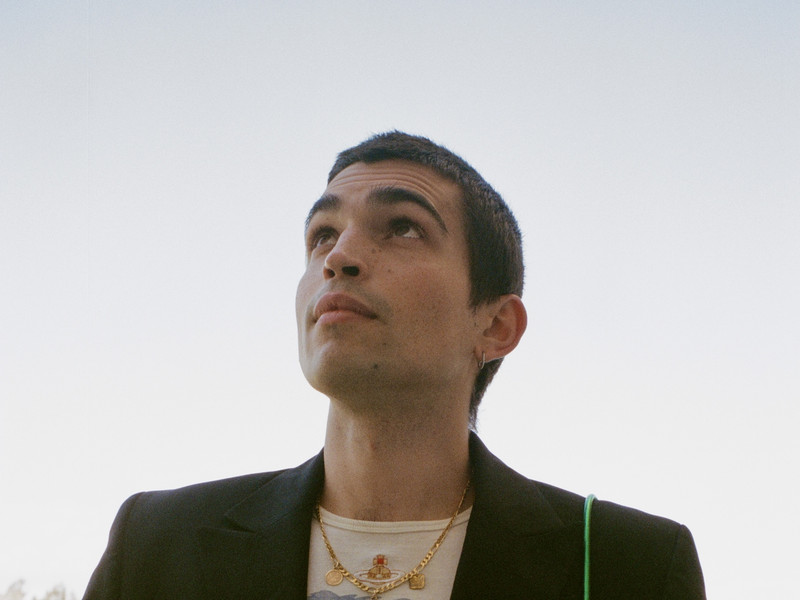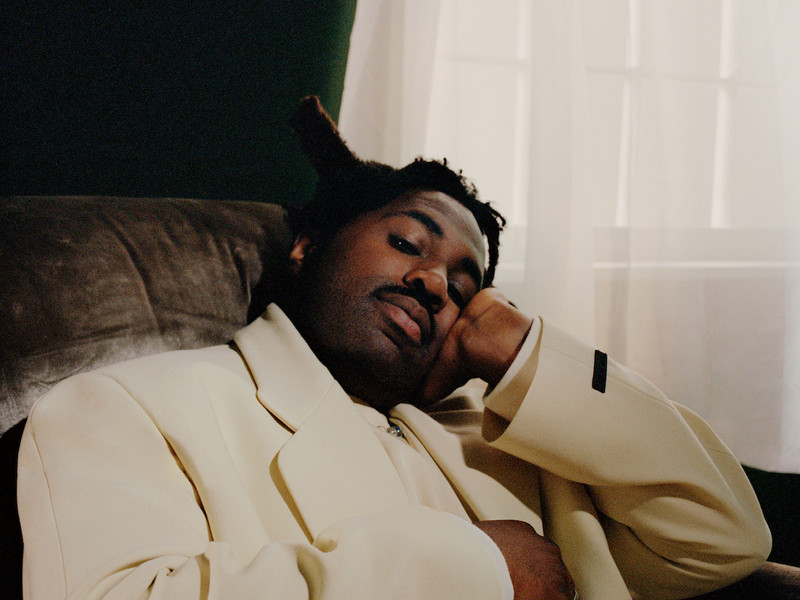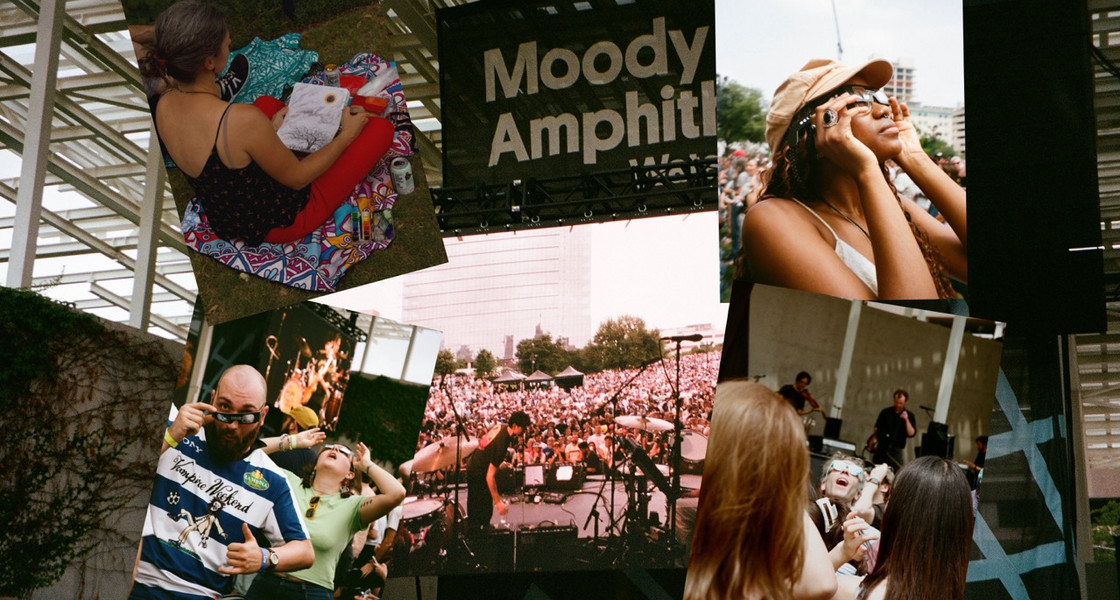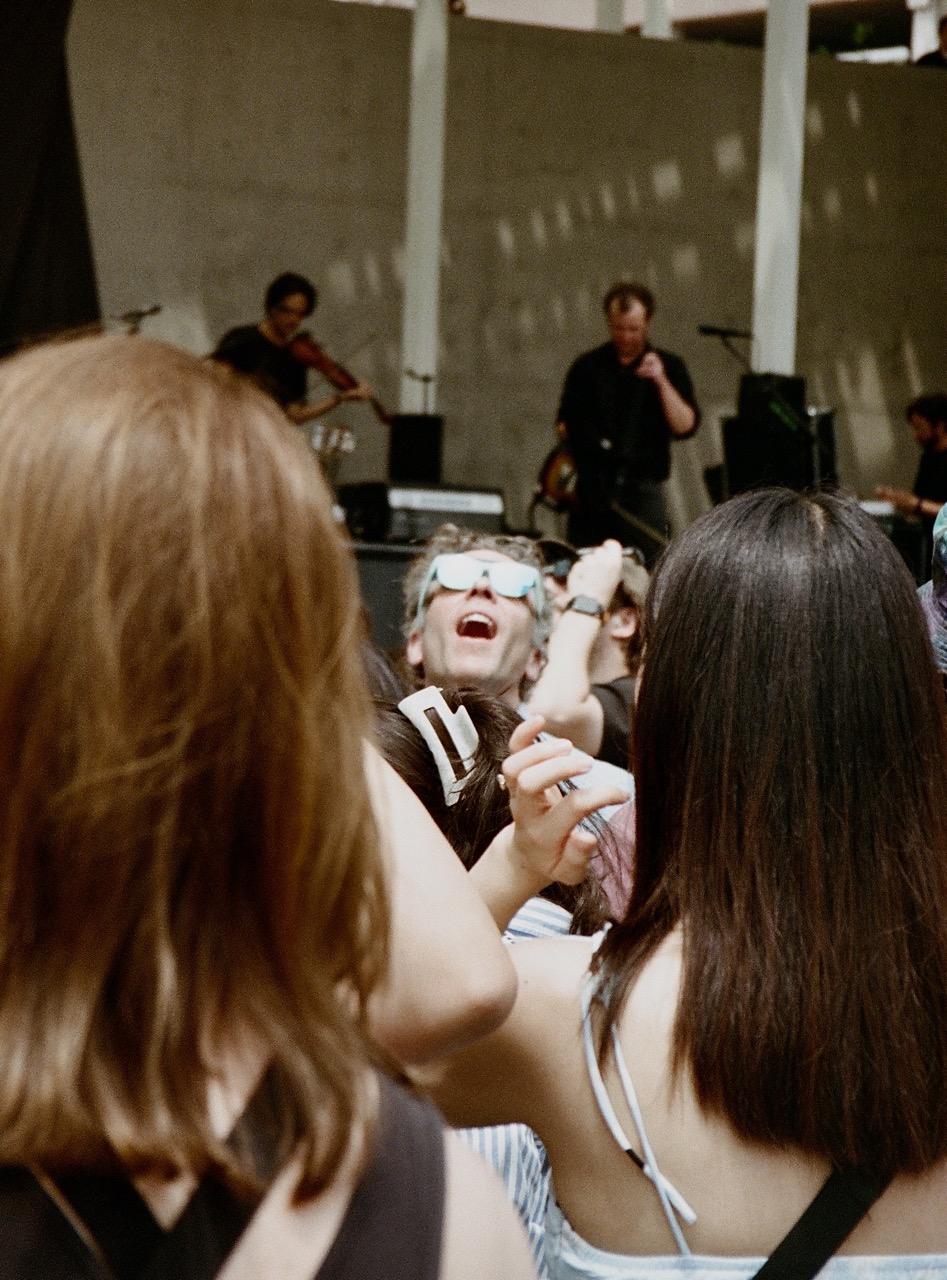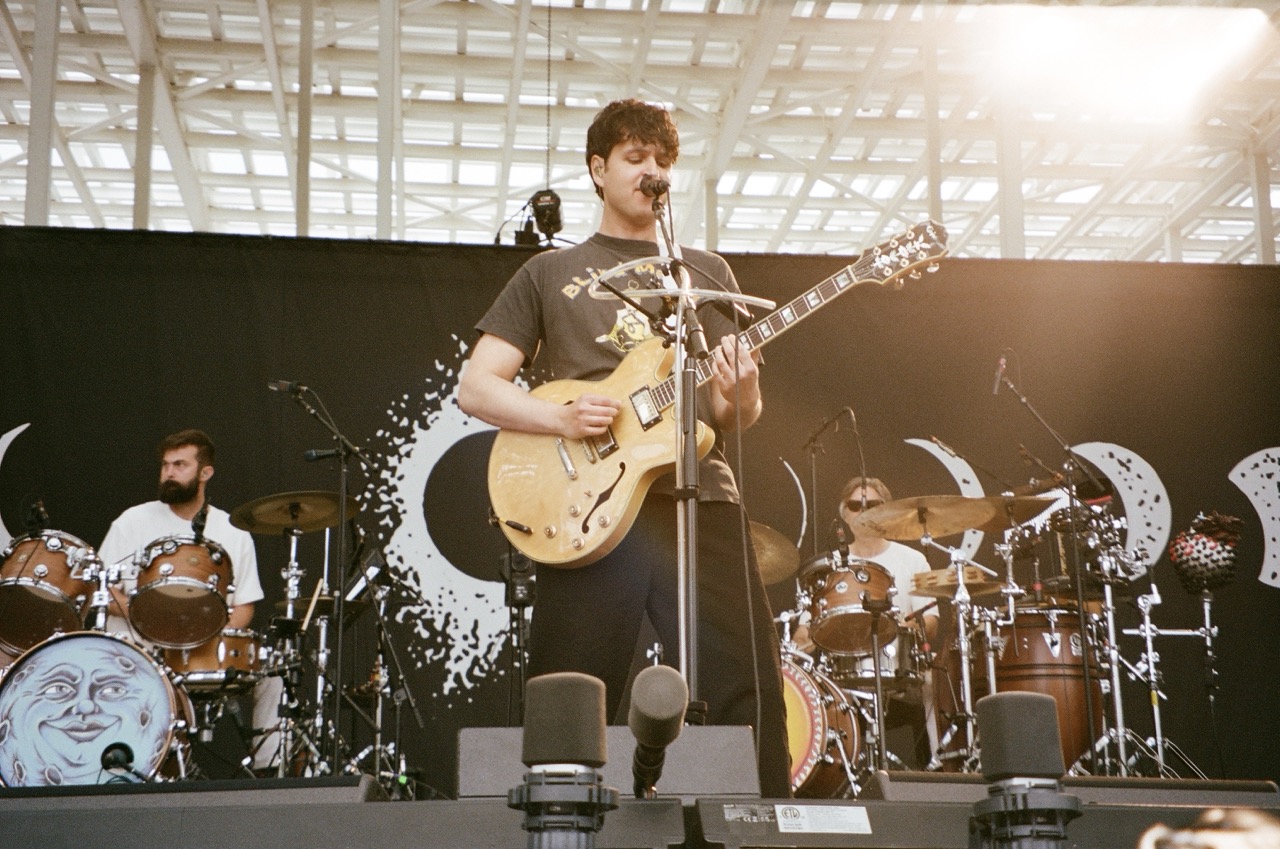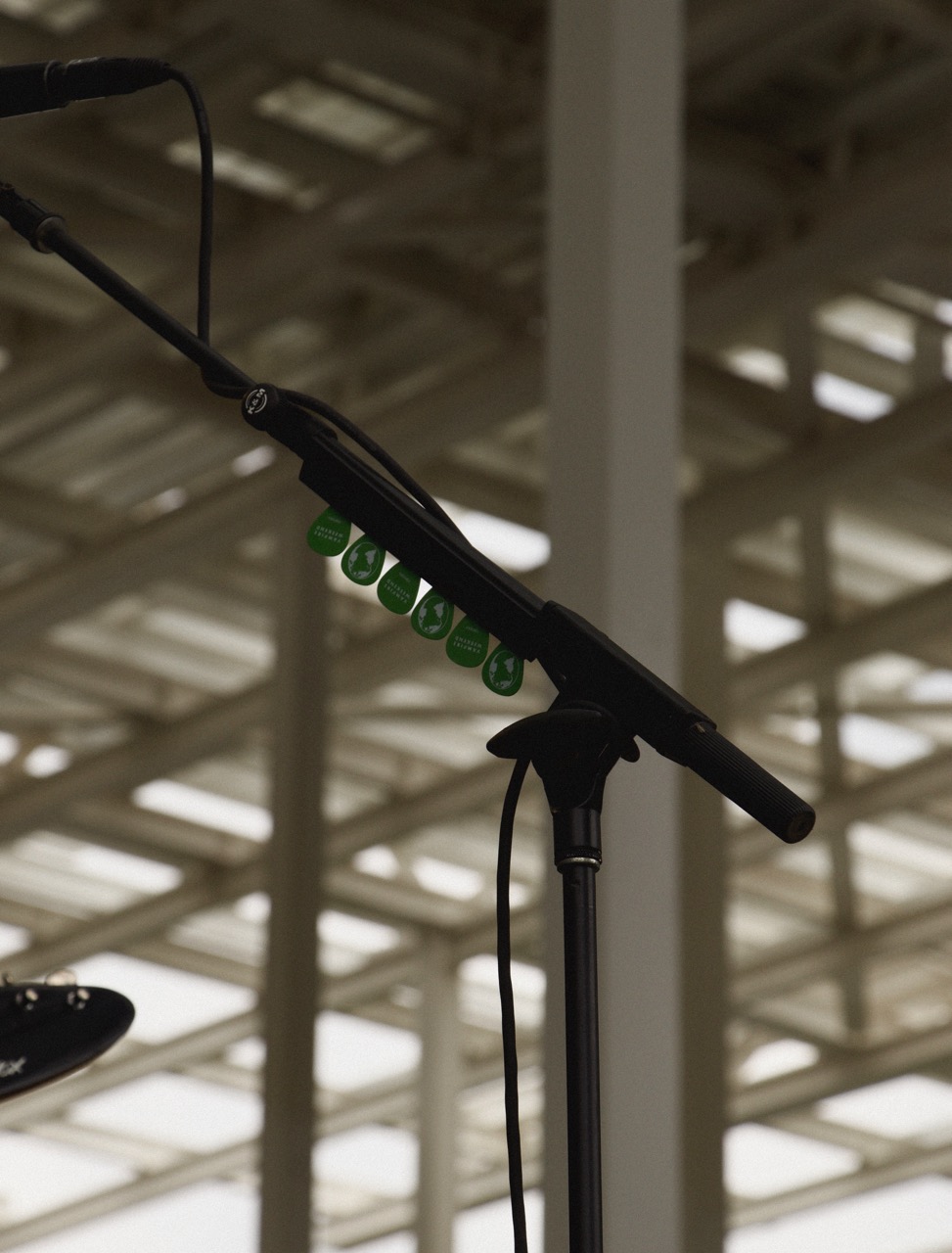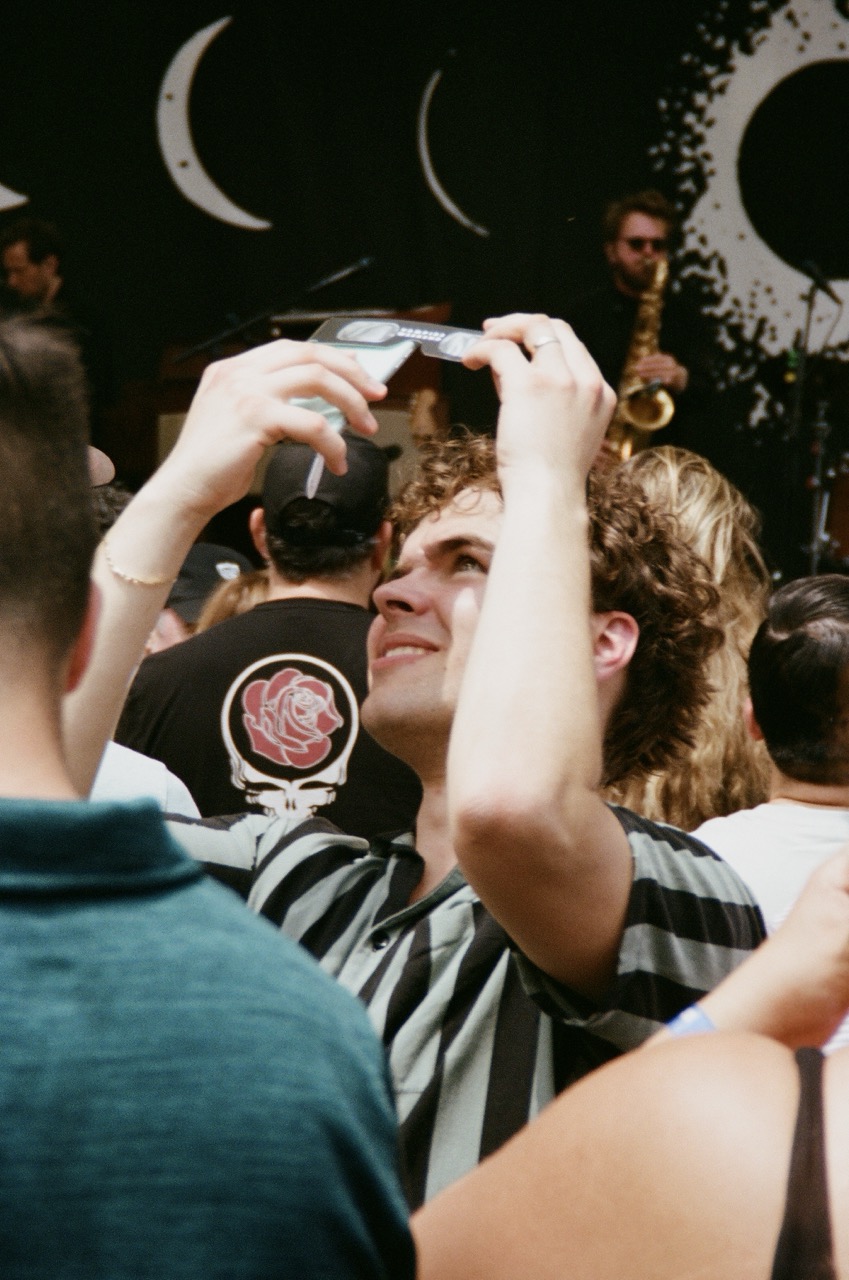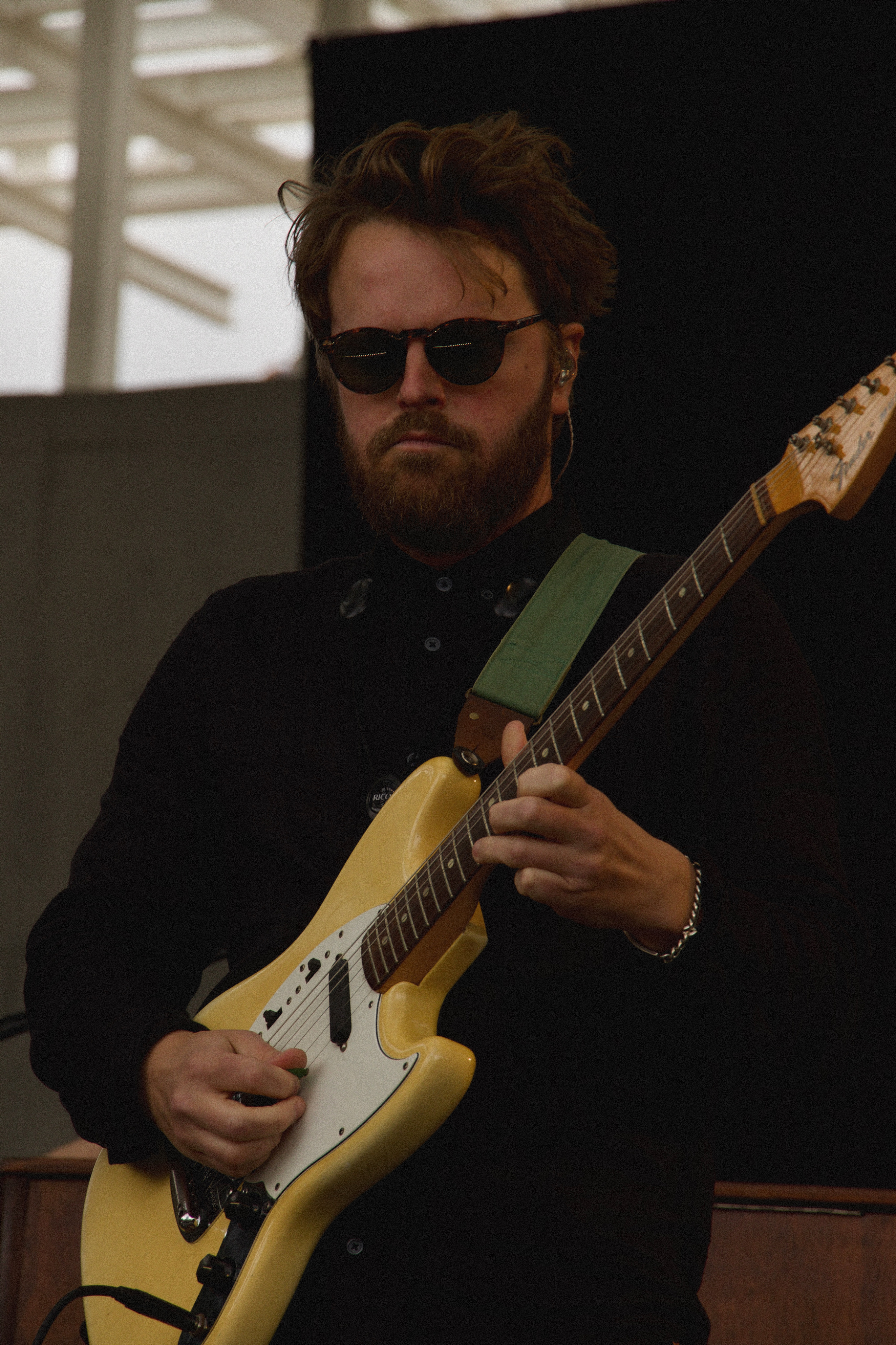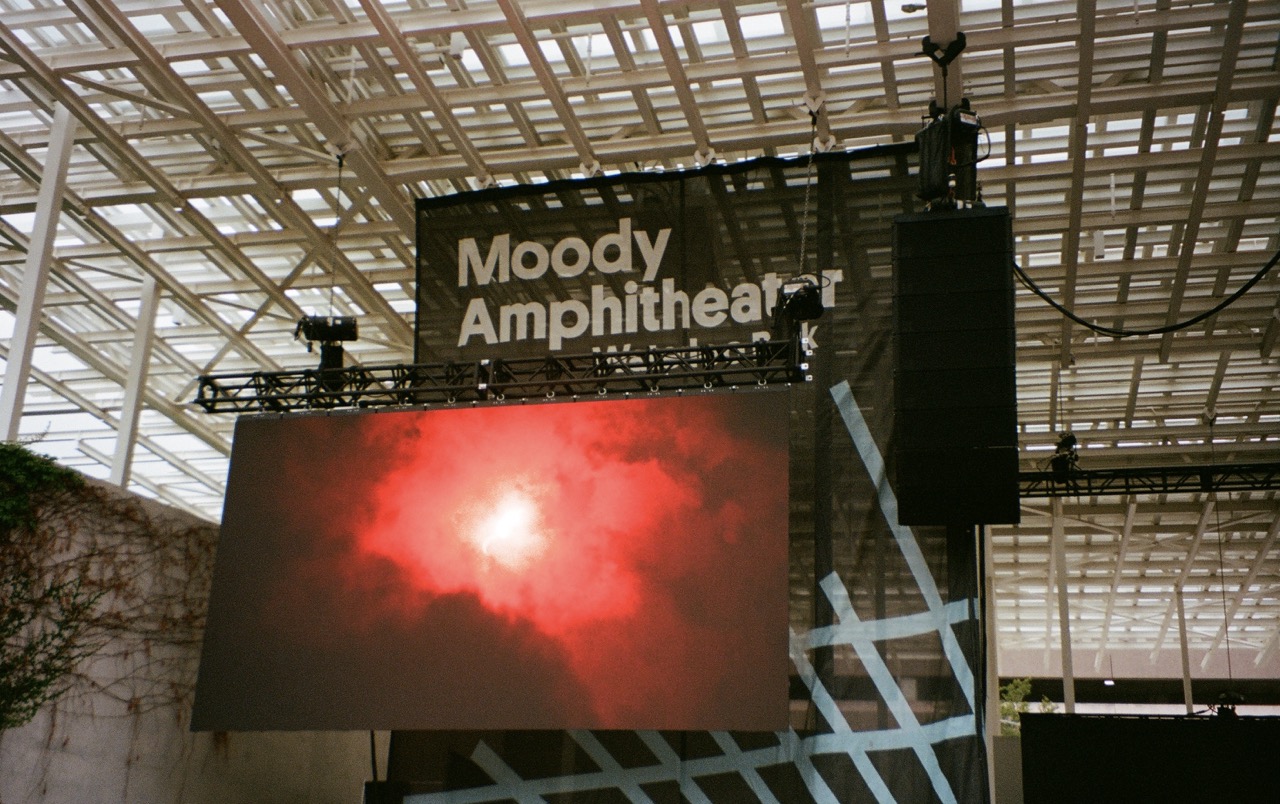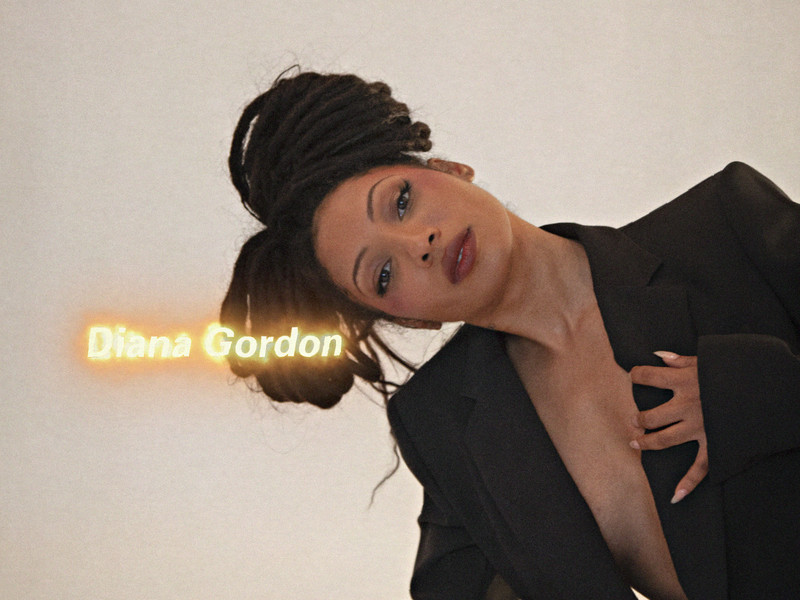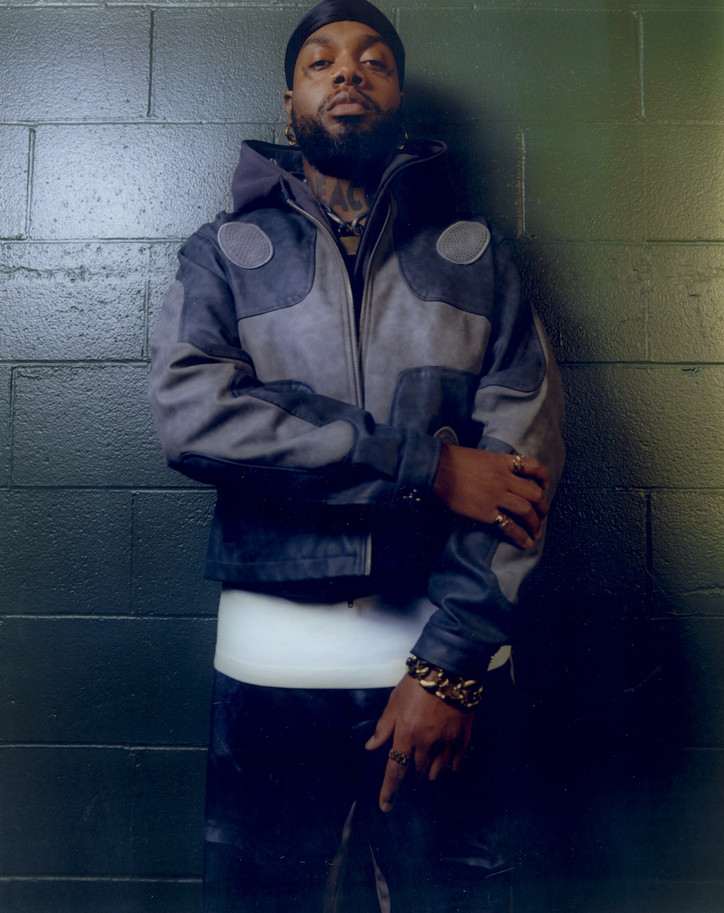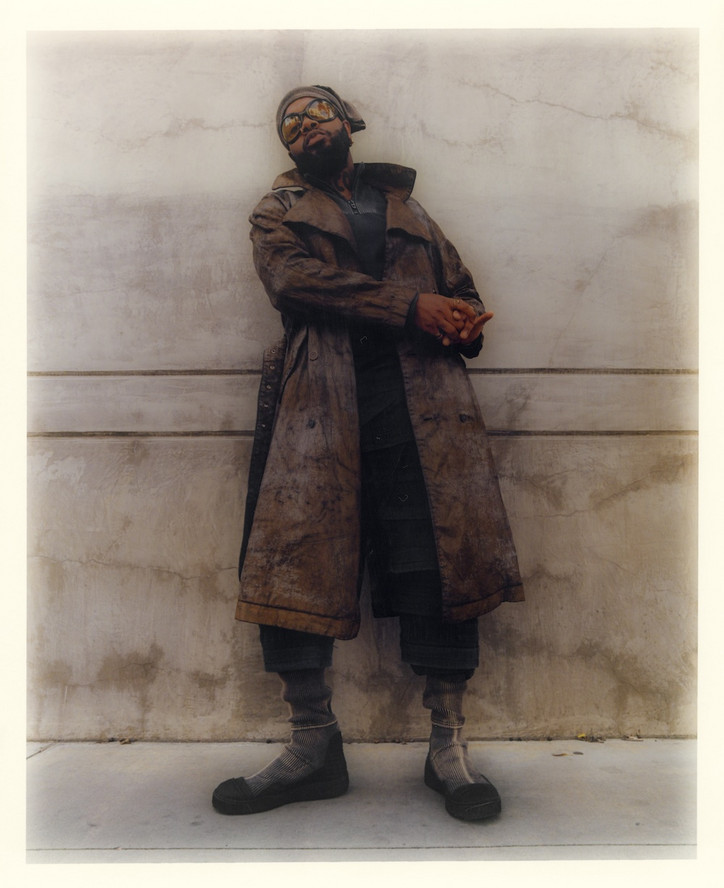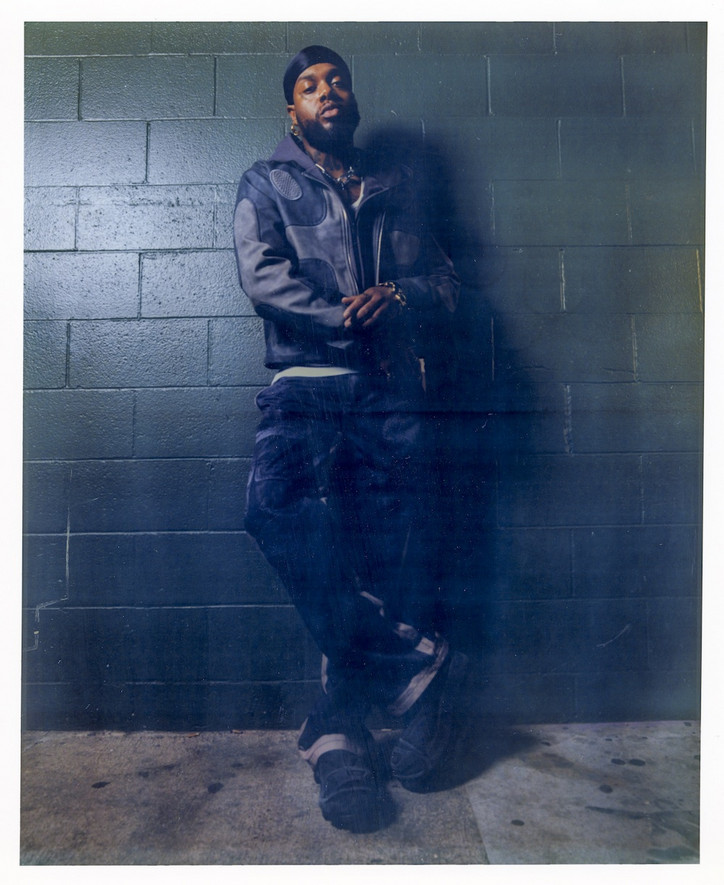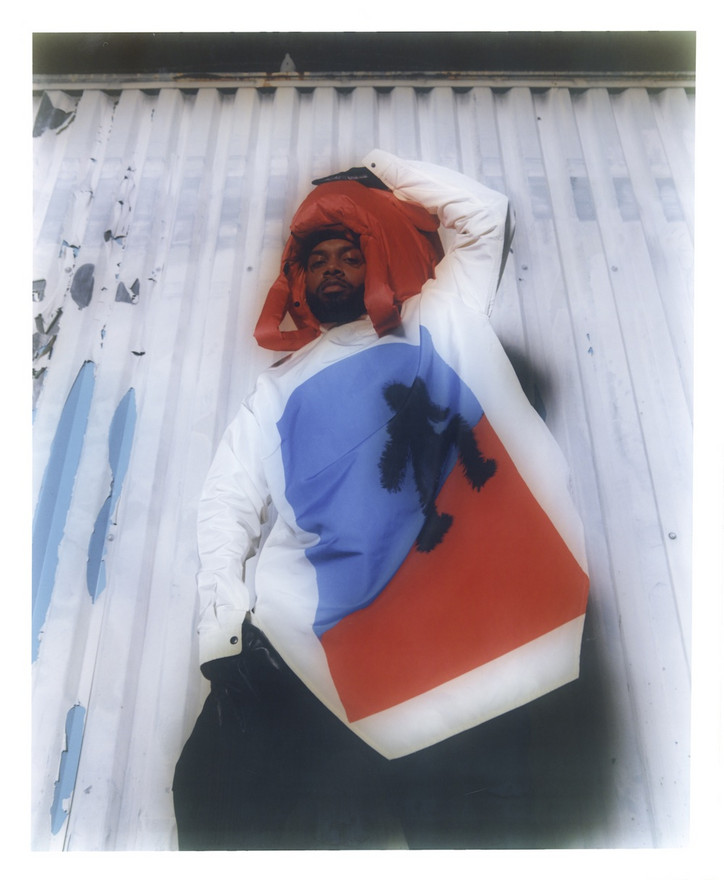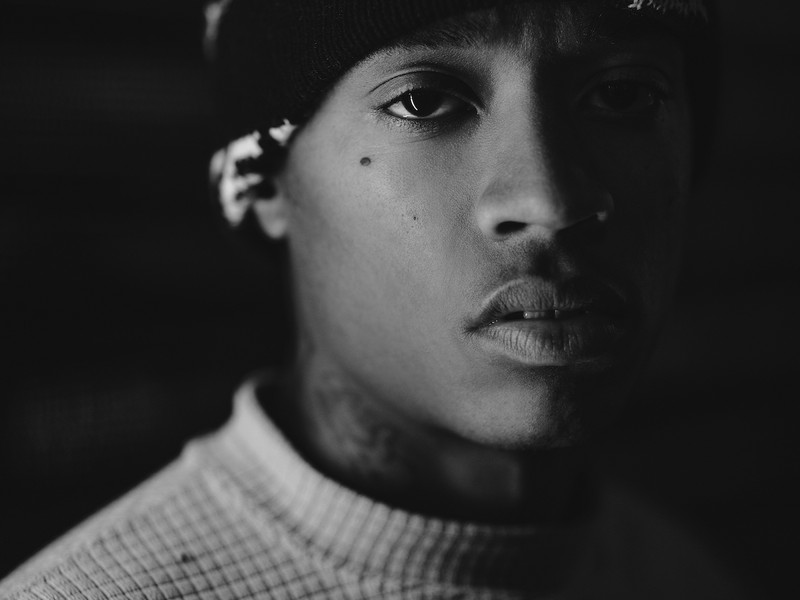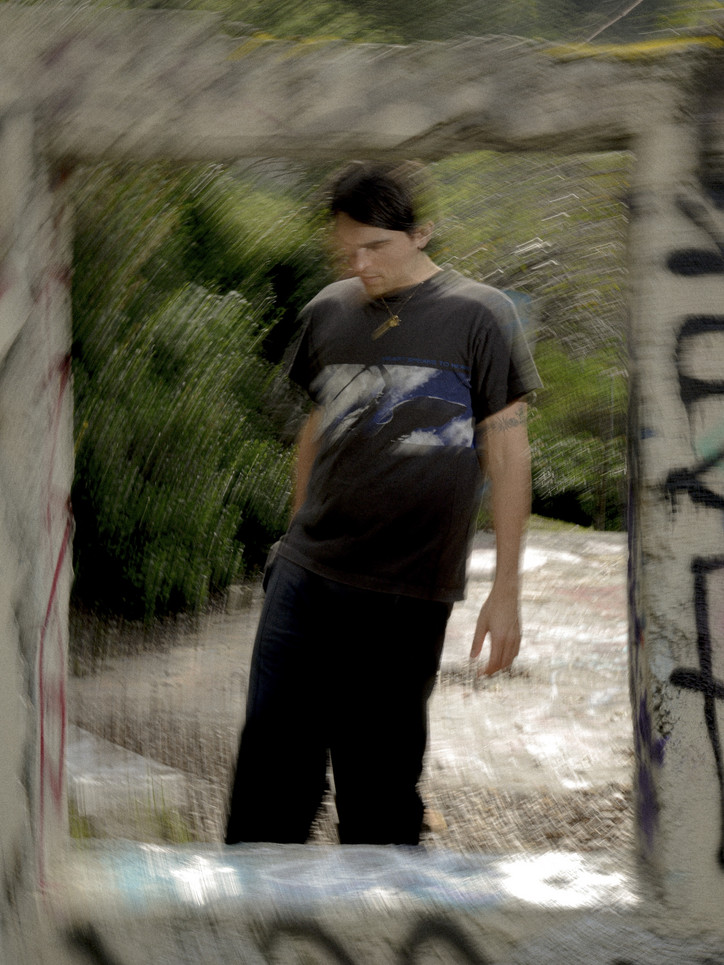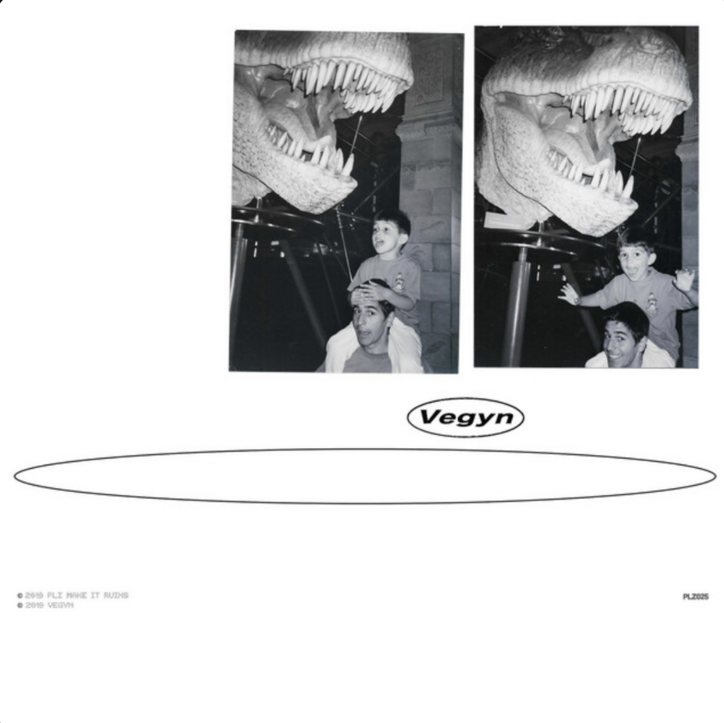That balance is apparent in your craft. With this album, your artistic sensibilities are laced throughout. Still, the narratives you explore are a bit new–a celebration of Black queer intimacy, connection, and hot and sweaty club culture, specifically queer spaces. What inspired the delving into these themes? Did a song or specific experience inform the album?
If we were to try to locate a thread throughout my work, that thread would be the desire, the willingness, the courage, the vulnerability to express that desire, that longing, that yearning. I would say that would be the thread for the first few projects. I centered the heart, the mind, and the spirit. In this new project, I wanted to center the body, and it was time to center the physical. I don't think it was so much “Oh, this is the right time to write work like this” or “ This is the right time to create music with this bpm.” I had the concept in mind for a while, but I was able to pull it together now. Within my canon, the story has just got a little bit lower on the body. It started more lofty, up in the head, and now it's a bit lower. It feels like a natural succession.
When songwriting for this project, was the process similar to past projects, or did you diverge a bit?
I'm always thinking about a concept or working on an idea. I don't think that ever stops. When it comes time to be in the studio, it varies. There's not one way. Sometimes, it's responding to an instrumental, or the instrumental was birthed out of a sensation I want to document. Then the lyrics follow, but there's definitely no one way.
Do you find yourself in social situations writing lyrics or leaving a social situation and recounting through songwriting?
Typically, when I'm having a great time, I enjoy it, and later, I may jot down some ideas, but that's a huge maybe. I have a pretty good memory, so I can recall at least a feeling or one thing that really stuck with me. It could be from a few years ago, and I could still recall it. In my work, especially this album, I'm not trying to write about my life in a literal way. Since I've started making music and sharing it publicly, it's never been autobiographical. It's going to be colored by my perspective, but I tried to push to the edge of the universe and raise the stakes a bit–be a little hyperbolic.
Your beginnings in the church choir to training in classical and opera could have led you down a more traditional path, though you began experimenting with your voice and genre. Did that shift happen in undergrad or after?
Everything that I've learned is still with me and has stayed with me. But then there was also this urge to do my best to find something new within all of this data I had. I graduated college in my 20s, and I just had the urge to make sense of all this information. It's a lifelong pursuit to make sense of this information. I think the beauty and the fun of having a classical background, growing up in church, doing musical theater and jazz, and loving R&B and pop music are that they would expand on different narratives and perspectives that I was familiar with. There were so many different storytelling approaches. What was fun for me was to start to figure out where I fit in all of that and how I could use the melodrama that I witnessed in the classical and operatic world. Or use the tongue-in-cheek humor used in musical theater or the sensuality you find in R&B. And how do you put that all into one thing? I'm still making sense of that.

